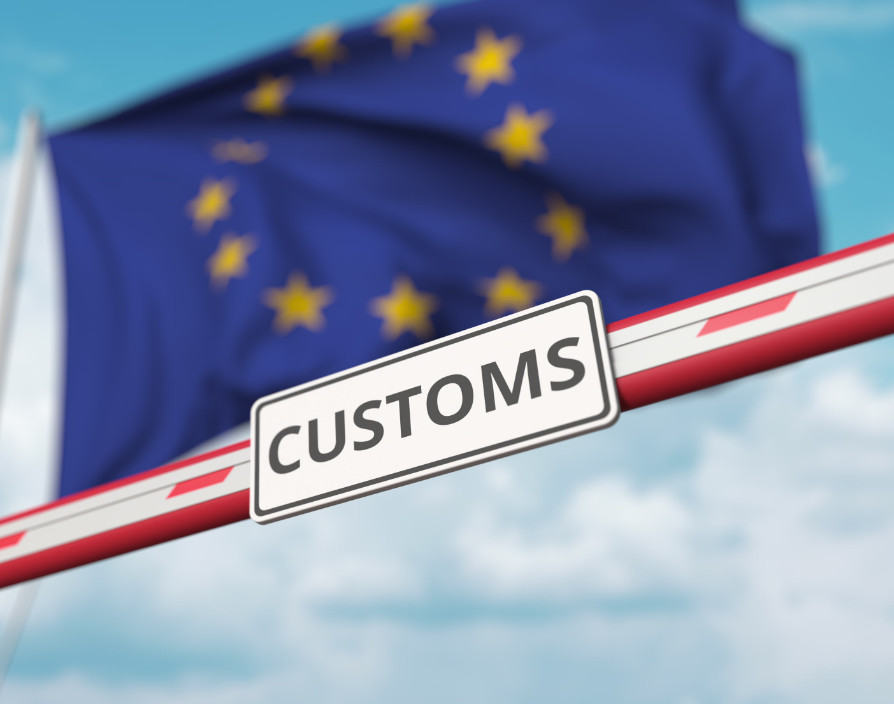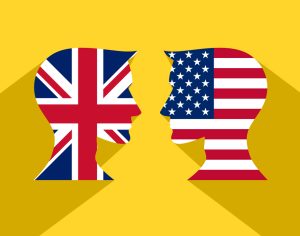Arne Mielken discusses the ever-evolving world of customs declarations and the importance of hiring independent advisors.
Customs and customs duty has been around for centuries. It’s a quick method to allow governments to make additional money. You simply tax goods every time a customs border is crossed. In Roman times, there would be hundreds of check points along the way, forcing wannabe traders to pay up.
The impenetrable border
In today’s global village, borders remain important ‘ albeit for different reasons. In some parts of the world, they are used for keeping goods and people out, especially between countries not on friendly terms with each other. This is called a ‘hard border’, protected by high fences and military controls. Such border controls are evident in parts of Asia, and also in the Americas, but not inside Europe ‘ as yet. But recent images of threatened and persecuted migrants flowing in to Europe could witness the erection of ‘hard borders’ here too.
When it comes to trading goods, companies must deal with different jurisdictions and zones. These could be described as a hard border of a different kind ‘ a customs border. To overcome this type of border, companies must understand many complex rules on importation and exportation. They need to lodge a correct and legal customs declaration, which is their passport into the country.
Data, information and more
This, in turn, requires businesses to get their paperwork in order. They must create an international invoice, which is needed to achieve customs clearance. This will involve information such as its HS (harmonized system) code, the origin of the product, as well as the correct value ‘ plus other items of data. All rules (referred to as ‘incoterms’) must be satisfied before any legal shipment of goods can take place.
Protecting people, animals, plants and the planet
Many businesses are surprised why so much information is required every time goods cross a border. Yet there are reasons for this. The role of customs has evolved. Gone are the times when customs was simply a method for collecting money. This is still important, although nowadays the role of customs officials and technology is to act as ‘the final frontier’. Equipped with x-rays and sniffer dogs, customs officials can see what nobody else can. They must protect people, animals and the entire country from illegal and harmful substances which may be attempting to enter the country. And the result of these additional security measures means there may be a need to apply for an import or export licence many months in advance, in order to avoid a serious delay to shipment.
The role of customs agents
To make certain that goods are moved successfully across borders, many businesses hire a customs agent. These individuals have access to the Government’s computer system which allows them to lodge customs declarations.
However, all of the responsibility for the accuracy of the declaration remains with the trader. This is why companies cannot outsource their responsibilities. An additional helping hand, beyond that of the agent, can be useful, acting as an independent customs advisor. These people will focus on customs compliance and help companies to make the correct decisions.
Customs duty and how not to pay it
Customs duty, depending on the commodity and the origin of the product, can result in a company paying a lot of money in additional tax. It will certainly eat into their profit margin. Free trade agreements (FTA) and mind-boggling rules of origin have often helped to reduce costs, but these too come with strings attached.
Only those businesses that meet these rules can cut duty by a significant amount. When FTAs don’t work or apply, then businesses are advised to search for special customs procedures. These can help businesses to save money in certain circumstances. As always, the devil is in the detail and getting professional advice is always helpful ‘ and will usually pay for itself.
Conclusion: It won’t go away, so deal with it
Although customs procedures evolve with time, much of it aimed at reducing friction at border crossings, it remains a generator of public finances which all governments require. Governments are always trying to make the process of international trade as seamless as possible, but it will never go away, and neither will the need for customs declarations.
But with the correct professional support, companies can maximise their profits and minimise stress. Professional customs experts can dramatically enhance compliance and reduce cost. Their advice will allow businesses to reach their customers faster, while reducing paperwork and red tape. Therefore, companies remain compliant and may also grow faster internationally. So don’t do it alone.
“
Share via:








































